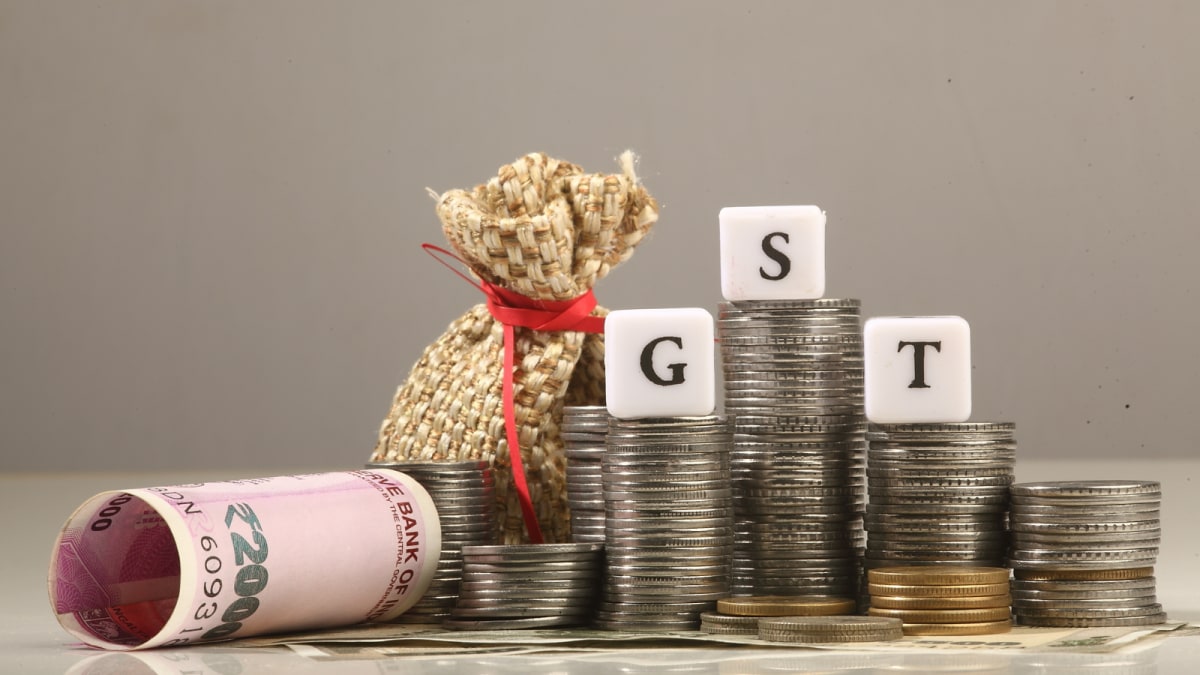Last Updated:
These GST reforms slash taxes on essentials, insurance and farm goods while hiking cold drink, car rates. When does it start and who gains most? Find out in 10 key answers

The GST Council, led by FM Nirmala Sitharaman, announced major decisions on Wednesday night. (Representative/Shutterstock)
In a significant overhaul of the Goods and Services Tax (GST) structure in the country, the GST Council, chaired by Union Finance Minister Nirmala Sitharaman, announced several key decisions last night on Wednesday. These reforms address long-standing demands for changes in GST slabs and high taxes on essential items, offering substantial relief to the general public.
Here are answers to some crucial questions related to these changes.
Q 1: When will the changes made in GST rates come into effect?
A: Changes in GST rates on goods and services, except for cigarettes, chewing tobacco products, raw tobacco, and bidis, will come into effect from September 22.
Q 2: Will the e-way bill for goods in transit have to be cancelled and made afresh when the new rates are implemented?
A: No, the existing e-way bills for goods in transit will remain valid until their original validity period expires.
Q 3: Will cold drinks like Coca-Cola and Pepsi become expensive?
A: Yes, popular cold drinks like Coca-Cola, Pepsi, and other non-alcoholic beverages will become more expensive. The GST Council has increased the tax rate on carbonated beverages from the current 28 percent to 40 percent.
Q 4: What is special for farmers?
A: The GST Council has reduced tax rates on many dairy products, fertilisers, bio-pesticides, and agricultural equipment. This reduction is expected to provide relief to farmers and consumers before the festive season.
Q 5: Will life insurance and health insurance be cheaper?
A: Yes, premiums for individual life insurance and health insurance policies will now be cheaper as GST on these insurance products has been reduced to zero.
Q 6: Will cars and bikes be cheaper?
A: Petrol cars with an engine capacity of more than 1,200 cc and diesel cars with an engine capacity of more than 1,500 cc will attract 40 percent GST. This implies that vehicles with smaller engine capacities will become cheaper.
Q 7: Why was the GST rate changed only for certain Indian breads?
A: Normal bread was already exempt from GST, while pizza bread, roti, paratha, etc., had different rates. Now, all Indian breads have been exempted from GST, with a few exceptions.
Q 8: Why was the GST rate of carbonated drinks containing fruit juice increased?
A: These items were previously subject to a compensation cess in addition to GST. After the removal of the compensation cess, the GST rate was increased to maintain the tax at the previous level.
Q 9: Why is there a difference in tax between paneer and other cheeses?
A: Non-packaged and non-labelled paneer already had a zero rate. The changes have been made only for packaged and labelled paneer. Paneer, an Indian cottage cheese mainly produced in small-scale industries, is being promoted through these changes.
Q 10: What will be the GST rate on entry services to sporting events (except IPL)?
A: Entry to other recognised sporting events where the ticket price is less than Rs 500 will remain exempt from GST. If the ticket price exceeds Rs 500, the standard rate of 18 percent will apply.
Read More







